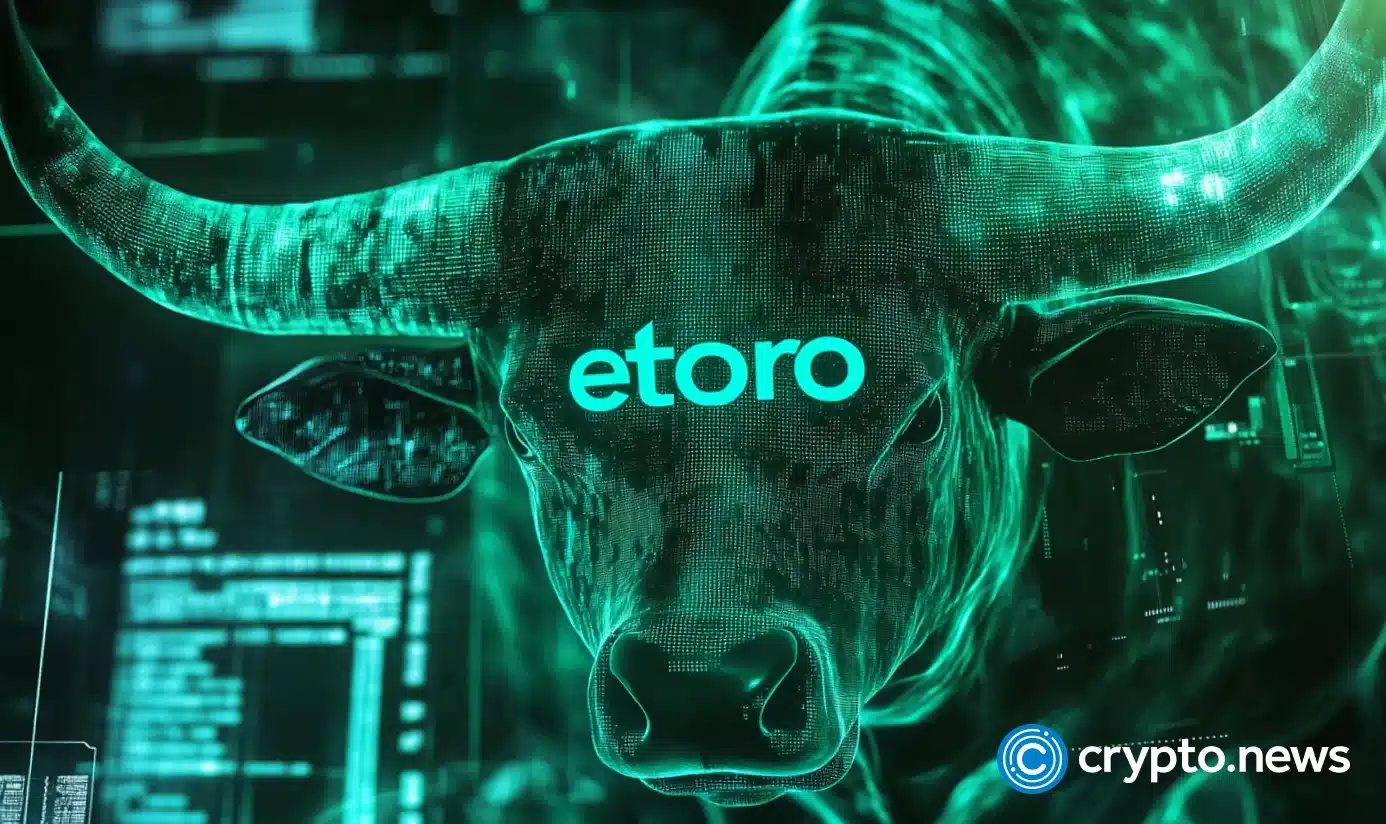
Disclosure: The ideas and opinions expressed here are only for the author and do not represent the ideas and ideas of the editorial of Crypto.
Today, consumers have become accustomed to immediate satisfaction. They hope what they want and when they want. With the rise of on-demand services, the convenience has become a non-consolidable expectation, and the perception of waiting or restricted by the old systems is becoming a matter of the past. In 2025, flexibility and immedia are non-conversations.
However, organizations and individuals taking advantage of Artificial Intelligence find themselves at the mercy of centralized providers, mainly “brilliant seven”, which dominate the market. These include prominent players such as Amazon, Google, Meta and Microsoft, which provide significant infrastructure and resources to power AI operations.
Just this week, these similar companies announced a plan to invest $ 320 billion In AI, last year’s expenditure has increased by 28 percent. Although many people would have expected China’s Deepsek, an AI platform, which proved to be fame after proving an excerpt from his contestants, to motivate the CEO to rethink his budget, on the contrary Has happened
Since Big Tech continues to invest significant financial investments, small businesses still depend on some centralized providers. They have no choice, but to rely on a handful of companies that dominate these essential resources required to give strength to their operations.
One of the most pressurized concerns based on Big Tech has the ability to restrict access to services for providers or, worse, close the operation without notice. For example, “a quick discovery for”to reduce“Brings thousands of results, such as innumerable reddit pages highlight how often the users face disruption. Microsoft also dedicated a page on his site to provide real -time service status updates.
Lack of control over significant infrastructure can be disastrous. In these situations, businesses are left weak without access to essential systems, resulting in operation disruption and possibly financial implications.
As companies strengthen power on AI, the risk of data violations and geographical stresses increases. The company that rely on an American provider for its AI needs may be insecure for its AI needs Tension Between America and other countries like China. A sudden change in foreign policy can ban access to AI tools, services or even data. These disruptions can release businesses compatible with new compliance requirements, potentially disrupt their operations with only one moment notice.
While some projects dream of being able to invest in upgraded AI model computing power, reality is a price tag for hardware, such as advanced graphic processing units, can run in millions of dollars.
This increasing dependence on centralized infrastructure has inspired a discovery for options that can break the monopoly of cloud veterans. The way decentralized finance has exposed access to outdoors out of traditional financial services, decentralized technologies can give AI more control over the equipment and services required for power.
A solution is exits, a company that has introduced the concept of decentralized AI. The project focuses on democratization of access to AI by supplying computing power and resources to projects in the growing ecosystem. After raising $ 15 million in seed funding, Exabits has integrated 4,000 Nvidia H200 GPU with reliable execution environment (TEE) capabilities in its network. This integration guarantees the highest level of safety, ensuring that calculations remain tampering-proof and sensitive data is preserved.
These high-demonstrations allow A-Taiyar GPU exits to address the increasing demand for some of the most ambitious projects in the market. The company has already established a strategic partnership with several projects in areas, which strengthens its position as a prominent player in AI space.
As AI grows, projects can no longer live on the mercy of the world’s largest technical giants. The future of AI depends on expanding access, and without this change, we depend on a handful of major players, limiting projects and unsafe for their control. Decentralizing only AIs can make us free from monopoly control and create an inclusive future where opportunities are all within reach.



